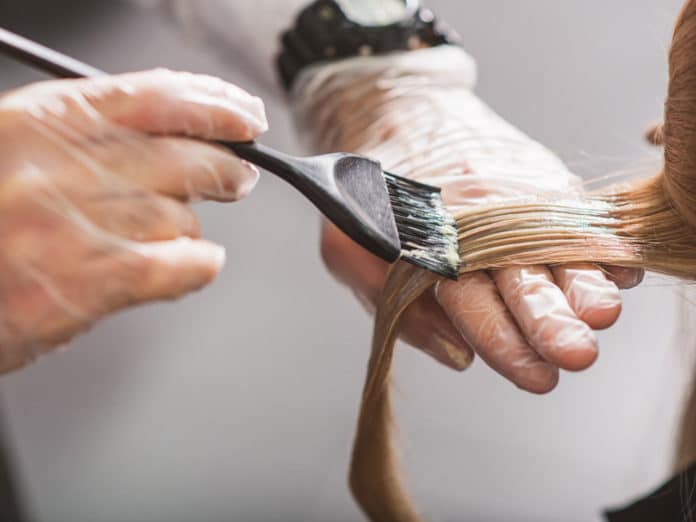Many hair products contain endocrine‐disrupting compounds and carcinogens potentially relevant to breast cancer. Especially in black women, these products are being used predominately.
A new study at the National Institutes of Health has suggested that these products may harm black women. According to the study, women who use permanent hair dye and chemical hair straighteners have a higher risk of developing breast cancer.
For the study, scientists examined the association between hair dye and chemical relaxer/straightener use and breast cancer risk by ethnicity. A total of 46,709 women participants aged 35–74 were enrolled between 2003 and 2009. Enrollment questionnaires included past 12‐month hair product use.
The data suggested that women who regularly used permanent hair dye in the year before enrolling in the study were 9% more likely than women who didn’t use hair dye to develop breast cancer. What’s more, data among African American women suggests that- using permanent dyes every five to eight weeks or more was associated with a 60% increased risk of breast cancer as compared with an 8% increased the risk for white women.
There is little to no increase in breast cancer risk for semi-permanent or temporary dye use.
Corresponding author Alexandra White, Ph.D., head of the NIEHS Environment and Cancer Epidemiology Group, said, “Researchers have been studying the possible link between hair dye and cancer for a long time, but results have been inconsistent. In our study, we see a higher breast cancer risk associated with hair dye use, and the effect is stronger in African American women, particularly those who are frequent users.”
The finding highlights the association between the use of chemical hair straighteners and breast cancer. The study has found that women who used hair straighteners at least every five to eight weeks were about 30% more likely to develop breast cancer. While the association between straightener use and breast cancer was similar in African American and white women, straightener use was much more common among African American women.
Co-author Dale Sandler, Ph.D., chief of the NIEHS Epidemiology Branch, cautioned that although there is some prior evidence to support the association with chemical straighteners, these results need to be replicated in other studies.
Sandler said, “We are exposed to many things that could potentially contribute to breast cancer, and it is unlikely that any single factor explains a woman’s risk. While it is too early to make a firm recommendation, avoiding these chemicals might be one more thing women can do to reduce their risk of breast cancer.”
